
In Forest Fields
Breslev Israel is delighted to introduce In Forest Fields, the English translation of B’Sde Yaar, Rabbi Arush’s amazing new book on hitbodedut – personal prayer.

Translated by Rabbi Lazer Brody
In Forest Fields , Part 1
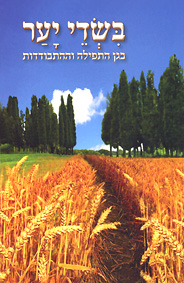 This book tells about one of the greatest gifts The Almighty gave to mankind – personal prayer, what we call in Hebrew hitbodedut. A number of factors stimulated me to write this book, but a comment that our holy Rebbe Nachman of Breslev made about himself was my most profound influence.
This book tells about one of the greatest gifts The Almighty gave to mankind – personal prayer, what we call in Hebrew hitbodedut. A number of factors stimulated me to write this book, but a comment that our holy Rebbe Nachman of Breslev made about himself was my most profound influence.Rebbe Nachman reached a spiritual level that was beyond human comprehension. His entire waking hours were devoted to Torah and prayer. He lived a life of phenomenal personal regiment and holiness. He purified his body with week-long fasts and immersion in icy-cold lakes in the middle of the Ukrainian winter. We can’t begin to relate to his holiness and his greatness in Torah. Yet, Rebbe Nachman said that nothing propelled him forward in the service of Hashem like hitbodedut, simply speaking to Hashem in his own jargon.
Rebbe Nachman also said that all the great tzaddikim, the righteous men with whom he spoke, testified that they too attained what they attained by virtue of hitbodedut, speaking to Hashem with the innocence and simplicity that a son speaks to a father.
Our generation is not built for asceticism. Self-abnegation would bring most of us to sadness rather than to the joy that’s needed to serve Hashem. Rebbe Nachman’s advice of personal prayer is therefore the perfect answer for the people of our generation and the best guarantee for spiritual growth, emotional health, happiness, and fulfillment.
This book teaches all about hitbodedut – how to use the wonderful tool of personal prayer to get close to Hashem and thereby attain long-lasting personal satisfaction and happiness that cannot possibly be attained by any other means.
In recent years, I meet more and more people that have been learning Rebbe Nachman’s teachings about hitbodedut. Many have listened to my CDs, where I speak extensively on this subject. Also, my previous books – The Garden of Emuna, The Garden of Yearning, and The Garden of Peace – deal extensively with hitbodedut as the foundation of faith and service of Hashem. Many readers since have made hitbodedut an integral portion of their daily routine.
On one hand, numerous readers have begun to speak to Hashem in personal prayer on a daily basis. Yet, they’ve been asking me quite a few important questions and sending me requests for further instruction as to the best way to implement personal prayer. What should a person talk about? What’s the best way to do personal prayer? What is a person supposed to feel during a personal prayer session? The questions are vital and need answers, which made my writing this book a solemn obligation.
The final critical influence that prodded me to bring the ideas in this book to printed fruition is my own personal experience. Nothing was so conducive to my own spiritual growth as hitbodedut. Since the time when I took my first steps in Torah and teshuva, I’ve been speaking to Hashem as much as I can in daily personal prayer. Nothing has been so beneficial for me.
With Hashem’s loving grace, I traverse our beloved homeland from north to south bringing our people closer to Hashem. On a given week, one might find me in Kiryat Arba, Yerucham, Dimona, Ashdod, Natanya, and Haifa. If I weren’t travelling so much, I could certainly write more. So why do I travel so much? To encourage people to devote an hour a day to personal prayer! With personal prayer, a person will undoubtedly attain his or her individual redemption from stress, emotional pressures, and the type of depression that is so rampant among the people of this generation.
Personal prayer not only hastens one’s individual redemption, but the overall Geula, or full redemption of our people as well. Rebbe Nachman implores us (Likutei Moharan, I:79) to avoid being an obstacle that delays the Geula. We do that by investing daily time in personal prayer, self-evaluation, and the resulting self-improvement.
While in personal prayer on Rebbe Nachman’s holy gravesite in Uman, Ukraine during Rosh Hashanna of 5768 (2007), I was aroused to implement the project of writing a book about hitbodedut right away. As soon as I returned to Israel, I began immediately, with the help of my trusty student assistants, to boil down years of scattered teachings on the subject to one concise, practical, and reader-friendly guide to personal prayer.
I named this book, “In Forest Fields,” by virtue of advice I received from my esteemed rabbi and spiritual guide, Rabbi Eliezer Berland shlit’a. When I approached him to request his approbation for this book, he quoted King David in Psalm 132, verse 6, and said, “Behold, we have heard it in Ephrata and have found it in forest fields.” Traditionally, since time immemorial, people have been doing personal prayer in the field, as the Torah testifies (Breishit 24:63), “And Isaac went out to speak [to Hashem] in the field.” The fields and the forests are wonderful places for personal prayer and attaining the type of tranquility and self-composure that we all aspire for.
I thank Hashem for all His unfathomable lovingkindness. I am nothing but a quill in His loving hands. I hope and pray that this book will be beneficial to all those who seek Hashem. My entire wish in life is that people come close to Hashem and taste the sweet life of emuna.
My sincere gratitude goes to my spiritual guide and rabbi, Rabbi Eliezer Berland shlit’a, from whose sweet waters I drink. He brought me close to teshuva and to Breslever Chassidut.
An unlimited debt of thanks goes to my wife, a blessed woman of valor, Miriam Varda, may Hashem bless her with a long, happy and healthy life – my partner in life and my very best friend. Her power and her merit are the source of all of my success, for she deserves all the credit for my accomplishments.
Many thanks to all my staff and students who assisted in the preparation of this book – recorders, editors, typists, our internet staff, printers and distributors. Special thanks go to my dear pupils Rabbi Yaakov Hertzberg and his wife Esther, may Hashem bless them, who have merited from above in assisting me with the composition of my books.
My blessings and appreciation go to my faithful friend and pupil, Rabbi Eliezer Raphael (Lazer) Brody, for the translation of this book and for his tireless dedication in spreading my teachings around the globe.
In the name of Hashem, may we do and succeed!
Shalom Arush, Jerusalem, Tammuz, 5768





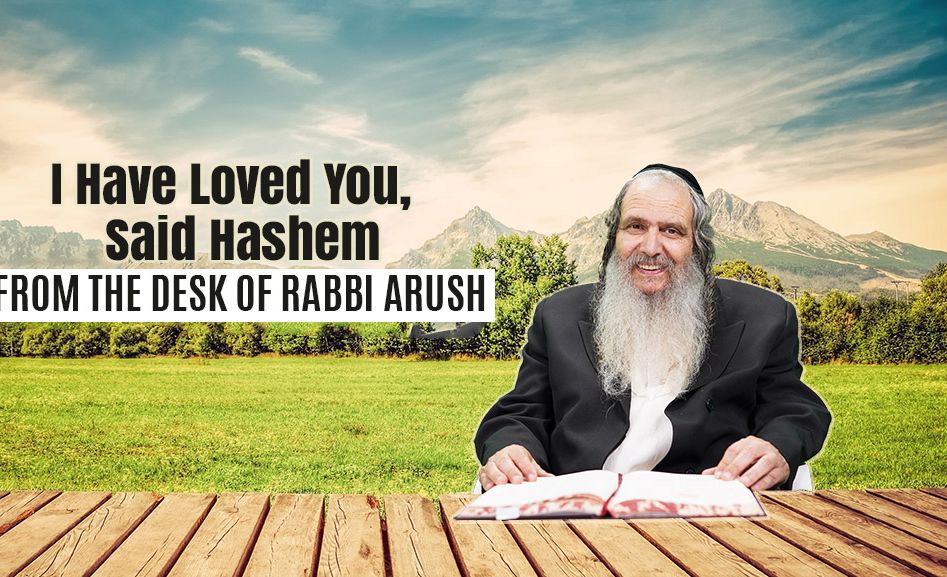
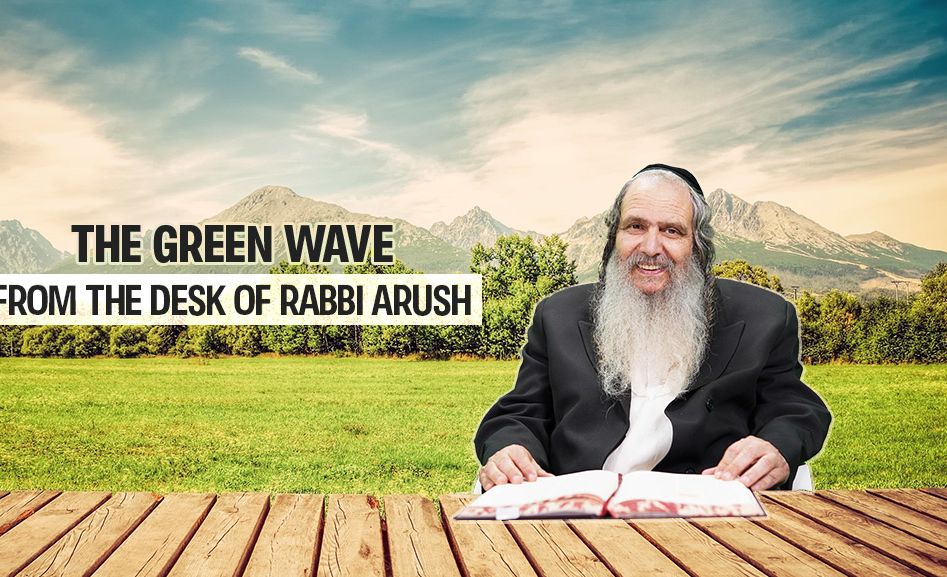
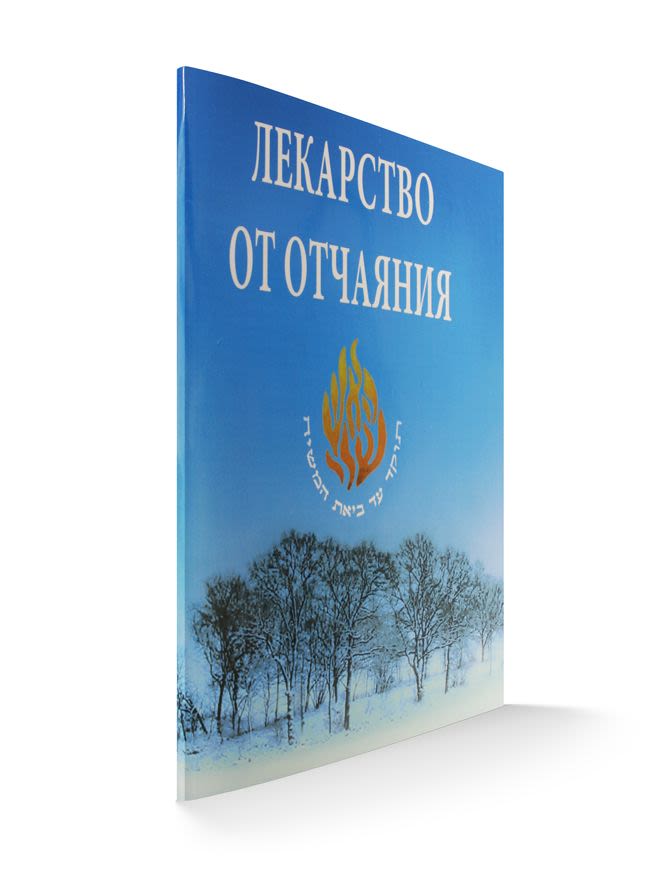

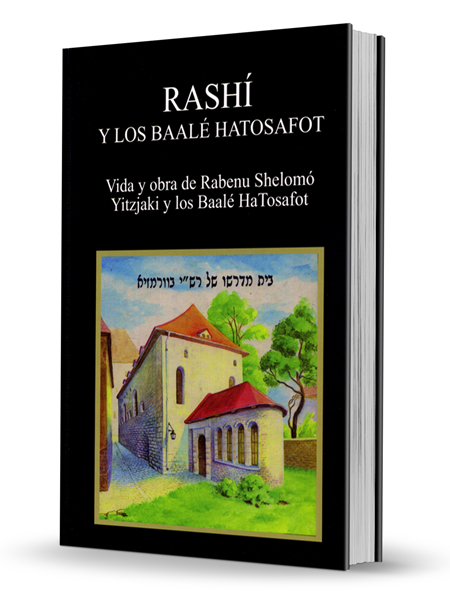
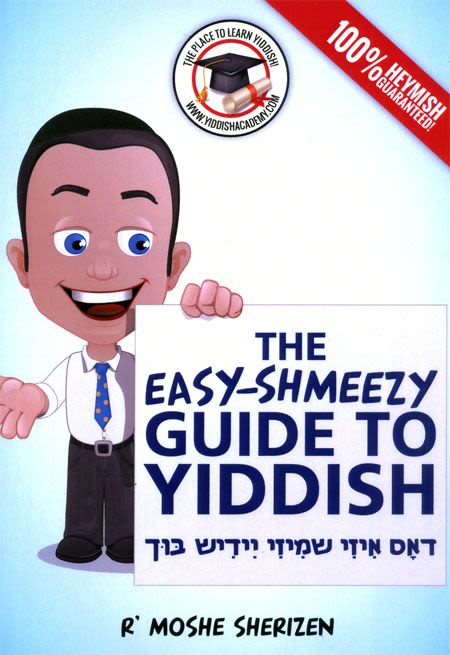

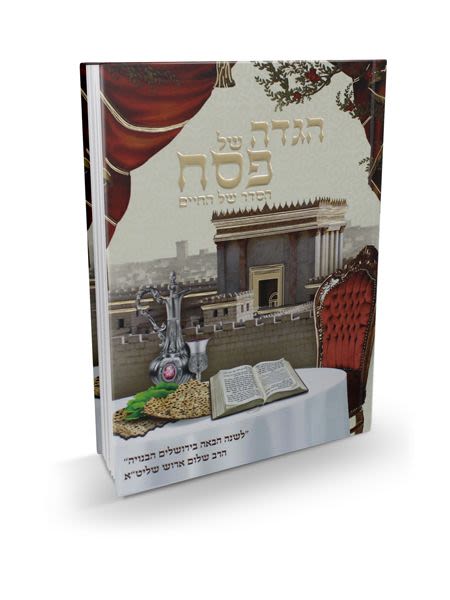
Tell us what you think!
Thank you for your comment!
It will be published after approval by the Editor.